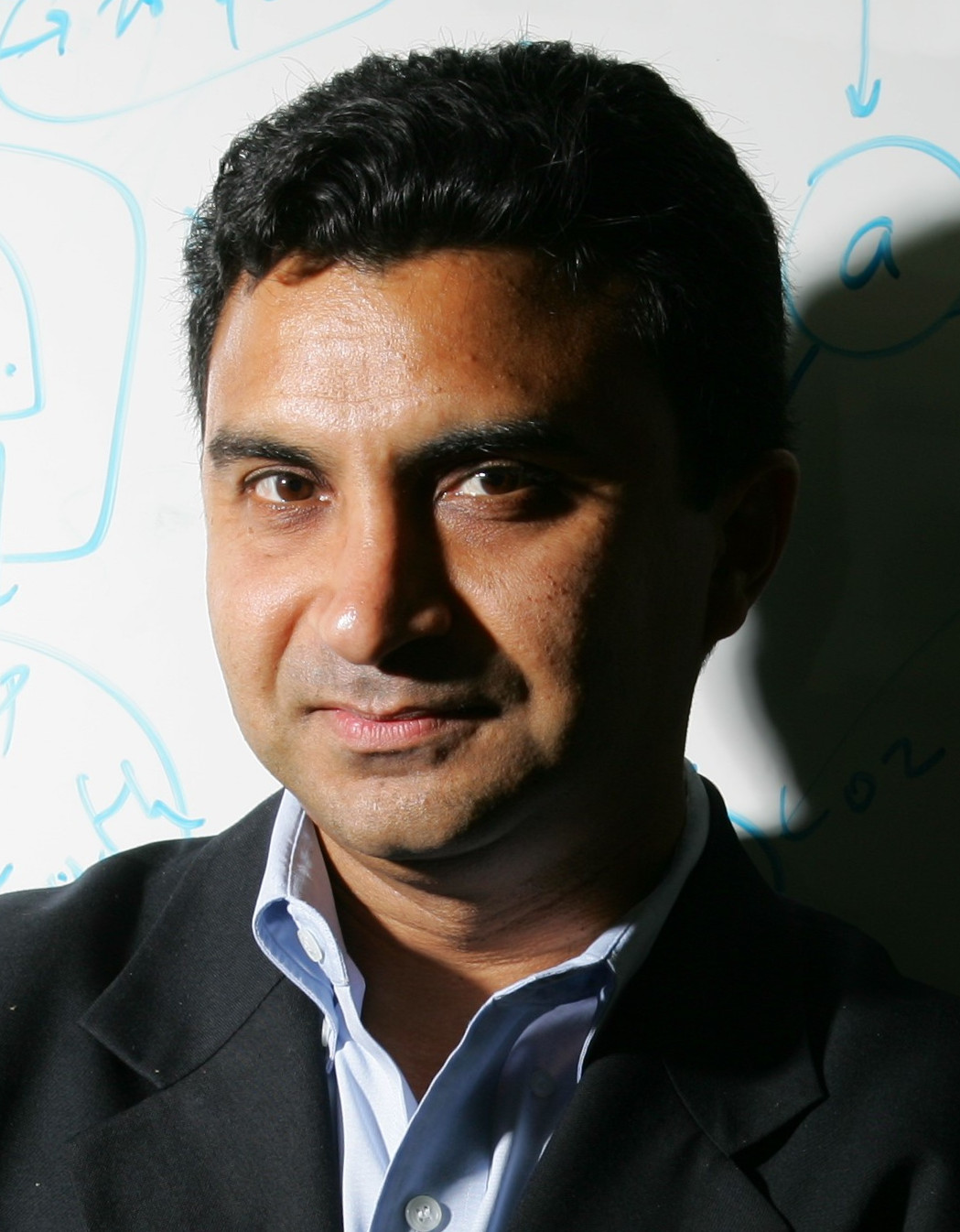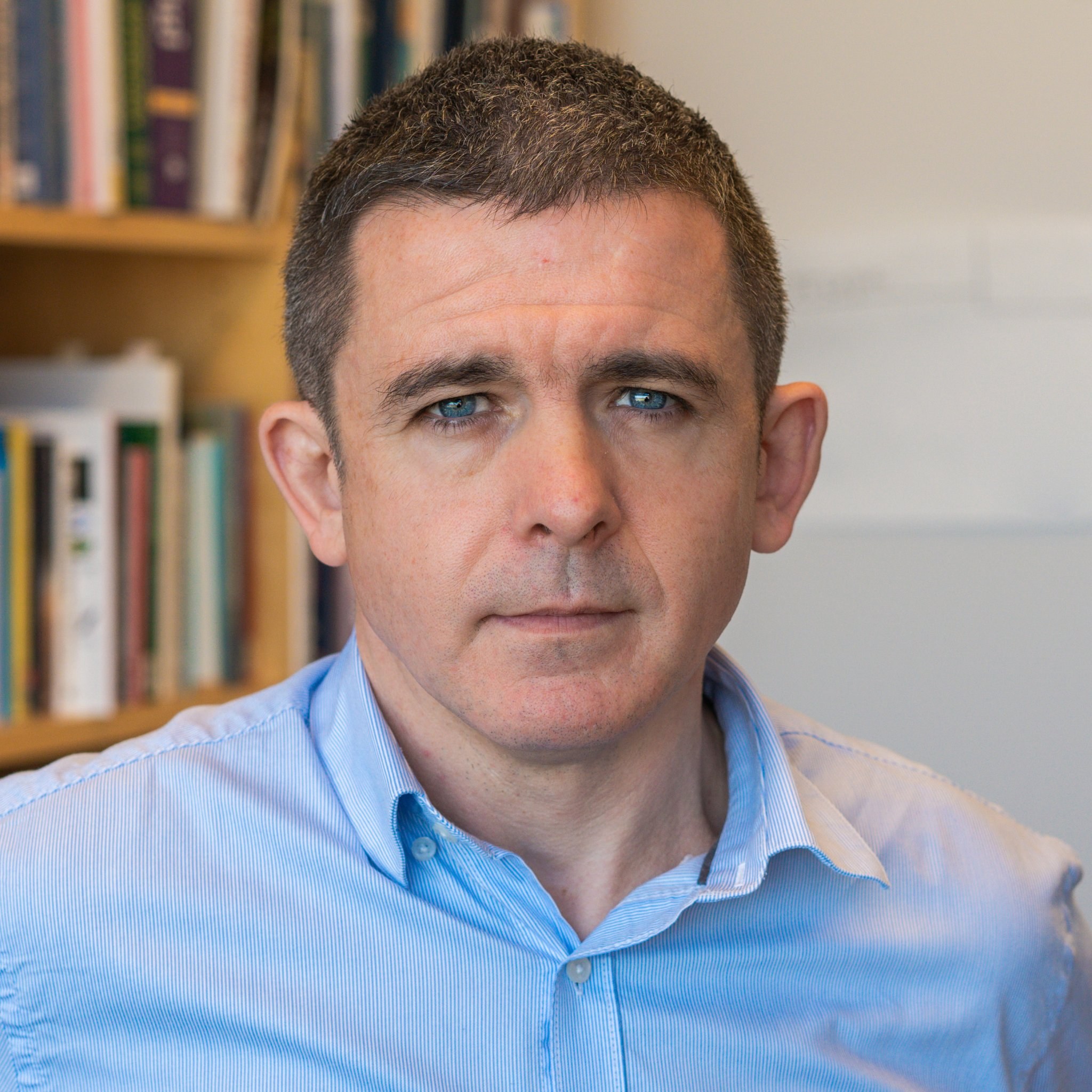
<aside> 💡 🏠 Home. 📖 Call for Submissions. 🕰️ Schedule. 🤓 Speakers. 💯Mentorship Session 😎Team. 🌐Program Committee. 🎉Accepted Papers
</aside>

Stephanie is the founder of data science consultancy Thinking Machines. She has built machine learning models for organisations in both the private and public sectors, including the World Bank, Ayala Corporation and UNICEF, and has expanded operations to Singapore. Her startup has been working with the Philippine government(MMDA) on tackling traffic congestion in Manila, by translating data from a transportation app called Waze.

Milind Tambe is Gordon McKay Professor of Computer Science and Director of Center for Research in Computation and Society at Harvard University. Concurrently, he is also Director "AI for Social Good" at Google Research India. Prof. Tambe's work focuses on advancing AI and multiagent systems for public health, conservation \& public safety, with a track record of building pioneering AI systems for social impact. He is recipient of the IJCAI (International Joint Conference on AI) John McCarthy Award, and several other awards. Prof. Tambe has contributed several foundational papers in Artificial Intelligence in areas of multiagent systems and computational game theory, for which he has received influential/best paper awards at a number of premier Artificial Intelligence conferences.

Emmanuel Letouzé is the Director and co-Founder of Data-Pop Alliance, a coalition on Big Data and development co-created in 2013 by the Harvard Humanitarian Initiative, MIT Media Lab, Overseas Development Institute, joined in 2016 by the Flowminder Foundation as its 4th core member. He is a Visiting Scholar at MIT Media Lab, a Research Affiliate at HHI and a Research Associate at ODI. He is the author of UN Global Pulse’s White Paper “Big Data for Development” (2012) and of the 2013 and 2014 OECD Fragiles States reports. His research and work focus on Big Data’s application and implications for official statistics, poverty and inequality, conflict, crime, and fragility, climate change, vulnerability and resilience, and human rights, ethics, and politics. He worked as a Development Economist for UNDP in New York from 2006-09 on fiscal policy, post-conflict economic recovery and migration, and between 2000-04 in Hanoi, Vietnam, for the French Ministry of Finance as a technical assistant in public finance and official statistics. He holds a BA in Political Science and an MA in Economic Demography from Sciences Po Paris, an MA from Columbia University School of International and Public Affairs, where he was a Fulbright Fellow, and a PhD from the University of California, Berkeley. He’s also a political cartoonist (‘Manu’) for various publications and media.

Kathleen Siminyu is an AI Researcher who has focused on Natural Language Processing for African Languages. She works at Mozilla Foundation as a Machine Learning Fellow to support the development of a Kiswahili Common Voice dataset and to build speech transcription models for end use cases in the agricultural and financial domains. In her NLP research, Kathleen has previously worked on speech transcription for Luhya languages and contributed to machine translation for Kenyan languages as part of Masakhane. Before joining Mozilla, Kathleen was Regional Coordinator of AI4D Africa, where she worked with ML and AI communities in Africa to run various programs.

Alvaro Riascos is a mathematician from the Universidad de los Andes in Bogotá. He has a Master's Degree and a Doctorate in Applied Mathematics from the Institute of Pure and Applied Mathematics in Rio de Janeiro. He has been a Visiting Professor at the University of California in Los Angeles, IMPA in Rio de Janeiro, Kellogg at Northwestern University; Visiting Researcher at the International Monetary Fund in Washington DC, Cowles Foundation for Economic Research at Yale University, JP Morgan in New York; Consultant for the World Bank, Interamerican Development Bank and a Researcher at the Economic Department of the Central Bank of Colombia - Banco de la República (1996 - 2005). He has published in multiple Peer Reviewed Journals and he is currently Associate Professor of the Faculty of Economics of the Universidad de los Andes and Co Director of Quantil a company dedicated to the application of mathematics to industry problems.

David Hughes is the Dorothy Foehr Huck and J. Lloyd Huck Chair in Global Food Security at Pennsylvania State University, Director of USAID Innovation Lab on Current and Emerging Threats to Crops and Founder of the public good PlantVillage and company, Carbon4Good. His research focuses on developing diverse approaches to studying agricultural diseases, pests and weeds, nutrition and carbon capture at scale. PlantVillage uses artificial intelligence, cloud computing and satellites to create tools to enable farmers to adapt to climate change and to reduce global food insecurity. PlantVillage is an initiative to empower farmers with agricultural knowledge and technologies, including smartphone apps that diagnose plant diseases, monitor weather and track insect outbreaks — all with an eye toward predicting crop yields and reducing global food insecurity. More recently it has embarked on carbon capture at scale and recently the Elon Musk XPRIZE (student competition).

Bernardt Duvenhage received his Ph.D. in Computer Science from the University of Pretoria, South Africa in 2015. In 2017, He joined Praekelt’s Feersum Engine Team as the lead developer of the natural language processing and understanding (NLP & NLU) capability. Before Praekelt he was a principal researcher and a research group leader of image processing at the Council for Scientific and Industrial Research in Pretoria. His research interests include natural language understanding, computer vision and field robotics.